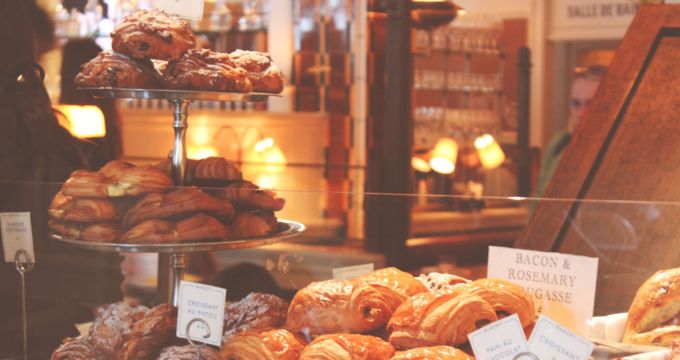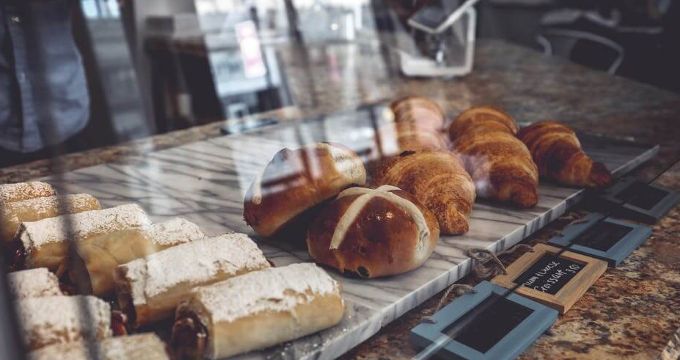
As a supplement to our contribution on digital controls in bakeries, we have found a few interesting fakes in the net, which give more detail to the topic. In this article we would like to report once again that food controls in bakeries are demonstrably rare – but that is not necessarily the fault of the bakeries themselves.
Food control and its (knock-on) effects
Food control is one of the standard tasks of our authorities. They ensure that we can enjoy our food and the resulting dishes without hesitation. The authorities should not and must not be the only control organ – the entrepreneur also has a personal responsibility which he must take. A distinction is made between different areas in which (hygiene) controls are carried out:
- Industrial hygiene
- Production hygiene
- Personnel hygiene
- Incoming controls
When the word „food control“ is used, some people certainly get a dull feeling in their stomach. These serve to protect employees as well as guests and consumers. In this article, we would like to illustrate the problems that can arise using bakeries as an example. The media reporting made it known that deficiencies had once again been uncovered in this area.
Problems with the authorities lead to rare food controls
There is a shortage of personnel in many companies – including the state food control authorities: Bakeries no longer have to expect an annual inspection as, according to their own statements, on average only 44% of the prescribed routine inspections take place. For the individual company, this means that a food inspection must be expected approximately every 24 months. However, if deficiencies are discovered during the inspections, the frequency of inspections is shortened. Incidentally, the frequency of food controls depends on three factors:
- Type of processed foodstuff
- Company size
- Results of previous checks
Due to the food scandals of recent times, the discussion about stricter controls has flared up again and again. It therefore seems untrustworthy if the state monitoring authorities do not manage to make enough personnel available. Protracted discussions at EU level on uniform standards certainly contribute to the fact that a solution can only be achieved in the medium to long term.
Financing of food controls
The Bakers‘ Association opposes the idea that companies should pay the costs for the inspections themselves. In principle, official controls are not free of charge, but this also varies depending on the federal state, since the law on fees (and thus the amount of the costs) is a matter for the federal states. In the past, 100% of regular controls were still paid from tax revenues. However, this type of complete fee assumption has been abolished in Lower Saxony and NRW.
This procedure calls Mr. Daniel cutter (managing director of the baker federation) a bankruptcy explanation to the health consumer protection. It is not comprehensible, why the state is not ready for it to finance the consumer protection.
This approach to financing is also contradictory to the fact that food controls are charged according to time expenditure: if the time span between individual controls increases, these are then longer when carried out and thus the costs also rise. For small businesses in particular, this can become a cost trap.
Federal association of food inspectors demands changes
The association is also in favour of a change! In the so-called „regulatory activity in the public interest“ the work of the food inspectors is the responsibility of the state and should also be financed by it. In a letter to the Federal Government, it is pointed out that charging fees would not improve food safety – it would rather burden the companies that behave in an exemplary manner.


